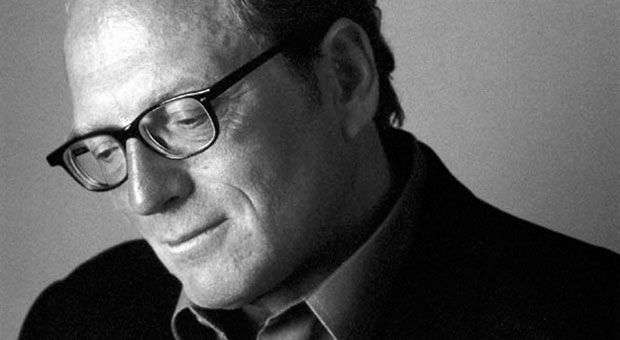Oscar Hijuelos was the first to break down a door that had been closed for decades. Son of Cubans, born in New York, he made history by becoming the first Hispanic to win a novelist fiction Pulitzer for his novel The Mambo Kings Play Songs of Love, in 1989.
Unfortunately, Oscar Hijuelos died on October 12 in Manhattan, at age 62. He collapsed in the middle of a tennis match, as if struck; perhaps of a heart attack or other complications like that, that’s the least important. He died quietly, without the pomp of his characters. He died, in short, as any common man dies as any grandfather who tells us stories dies.
We’ll never know, perhaps it is better that way-what things go through the mind of a dying man in the final seconds of his existence. What I understand at the moment is the gap men like this leave behind.
Hijuelos, torn between the forces of his roots, devoted much of his work to describe the processes of adaptation of Latino communities that immigrated to the United States during the twentieth century.
The Mambo Kings …, work that launched him to stardom and was later taken to the cinema in 1992 and the Broadway musical in 2005, is no exception to the analysis of the influence Latinos had in the creation of urban culture and social syncretism they generated in the New York environment.
Living in a country that feels strange, work in a society where one is always strange, love tirelessly all that was left behind and try to reconcile this flood of feelings was one of the great merits of his work.
For Cubans – who knows as much about nostalgia as Cubans? – The author was clear. Regardless of the standard of living we reach, those born on this island are bad immigrants. We live with longing for a sun that seems to us differently in the distance beyond, dream almost daily with the return, with the hug…
To be a good immigrant, regardless of nationality, it is necessary to internalize the act of removing the skin. And that is something that we find in extreme complex. We pursue the memories, and when they start to give up, we are who cling to them.
He left behind a trace, and perhaps that’s the best prize of his career. He made history in 1989 portraying the complex adaptation of those who assumed inadvertently a country without wanting to shed their identity, opened a door that was closed to Hispanics for decades, became the remoteness in art and literary theme of Latino migration.
Hijuelos was born and died in Manhattan, but his sentimental ties were not detached from Cuba or its culture. Oscar, well seen, was a chronicler of his people, an artist who portrayed the congenital nostalgia of migrants with the stark rawness that manages to penetrate the memory of generations.
For all that, and for keeping in touch with your origins, you have, Don Oscar, our eternal gratitude and reverence.










